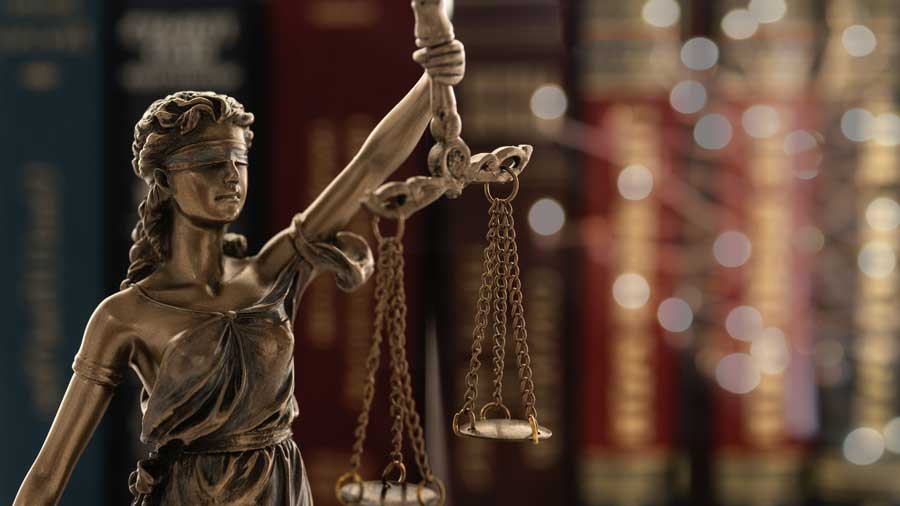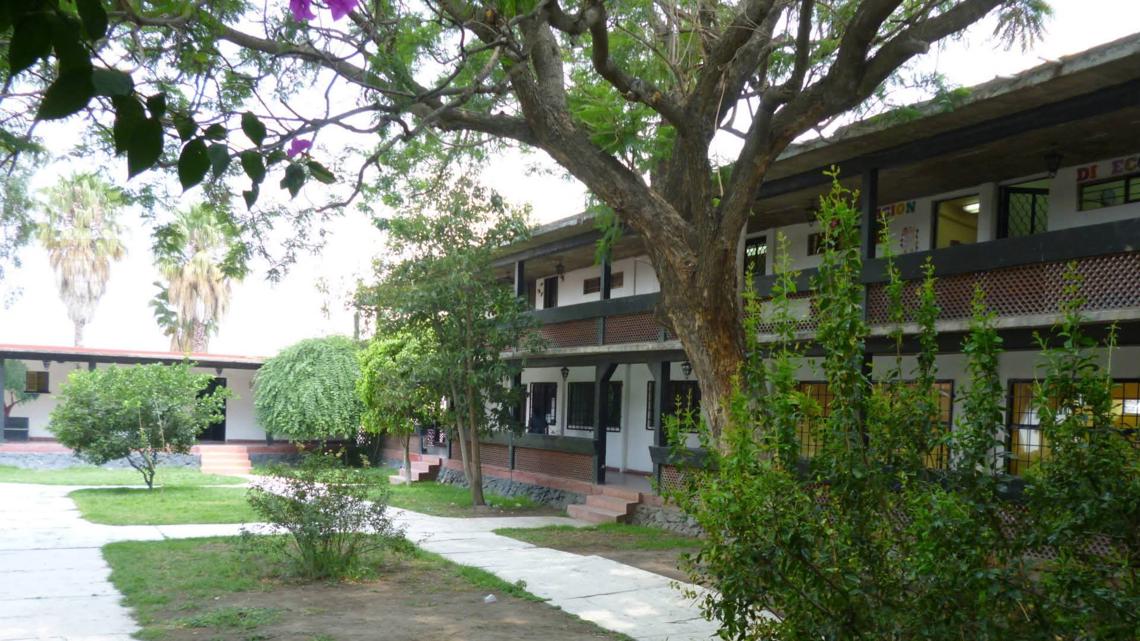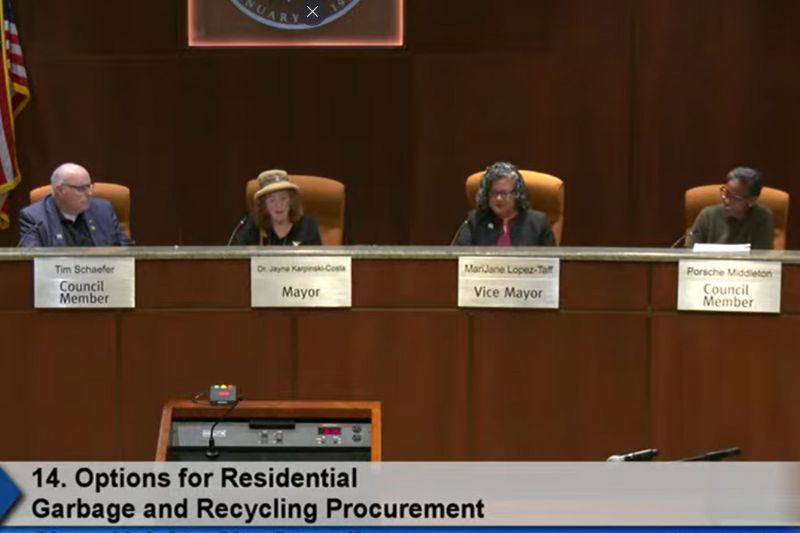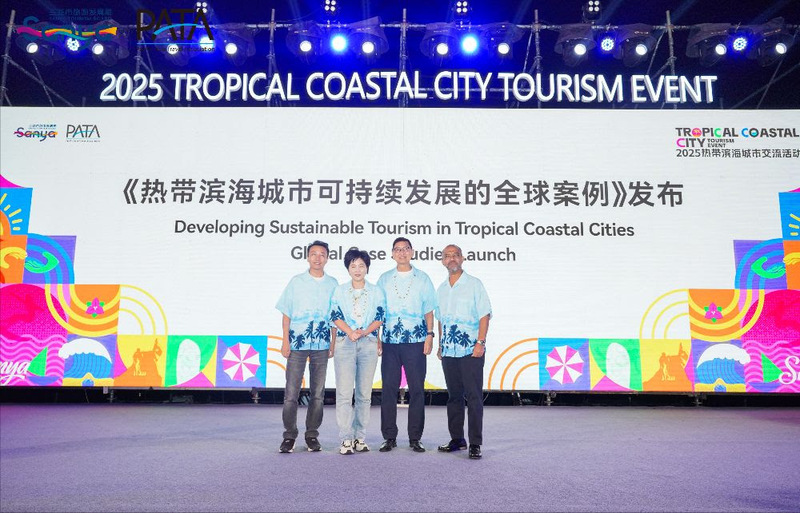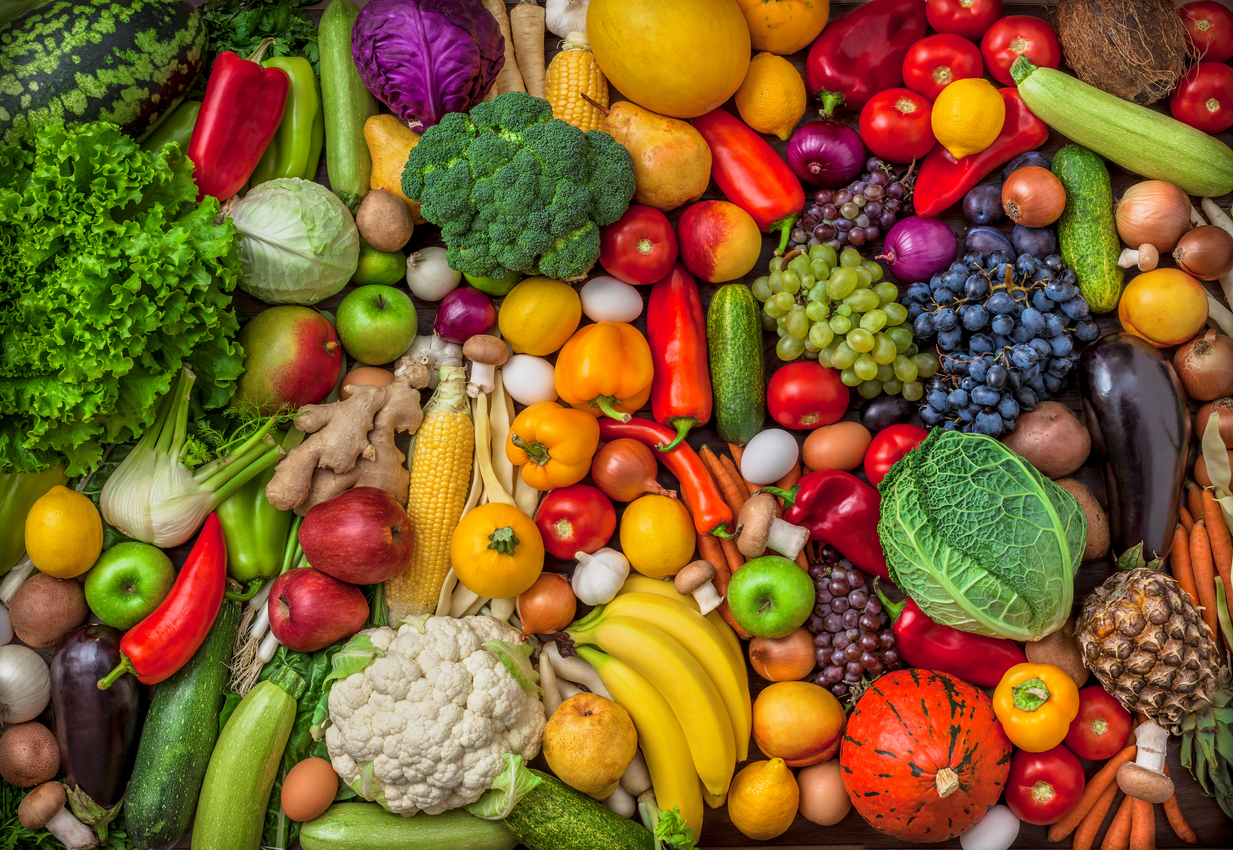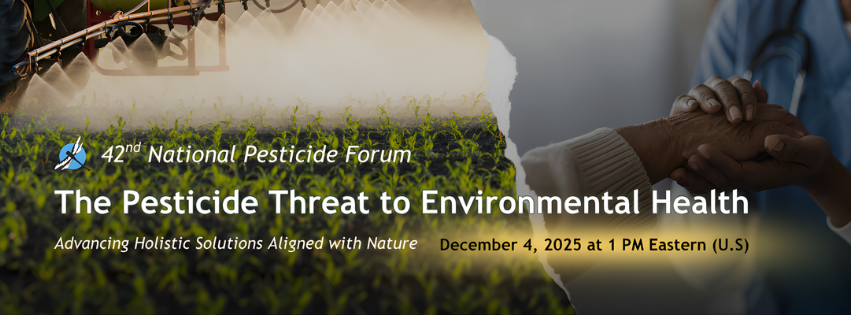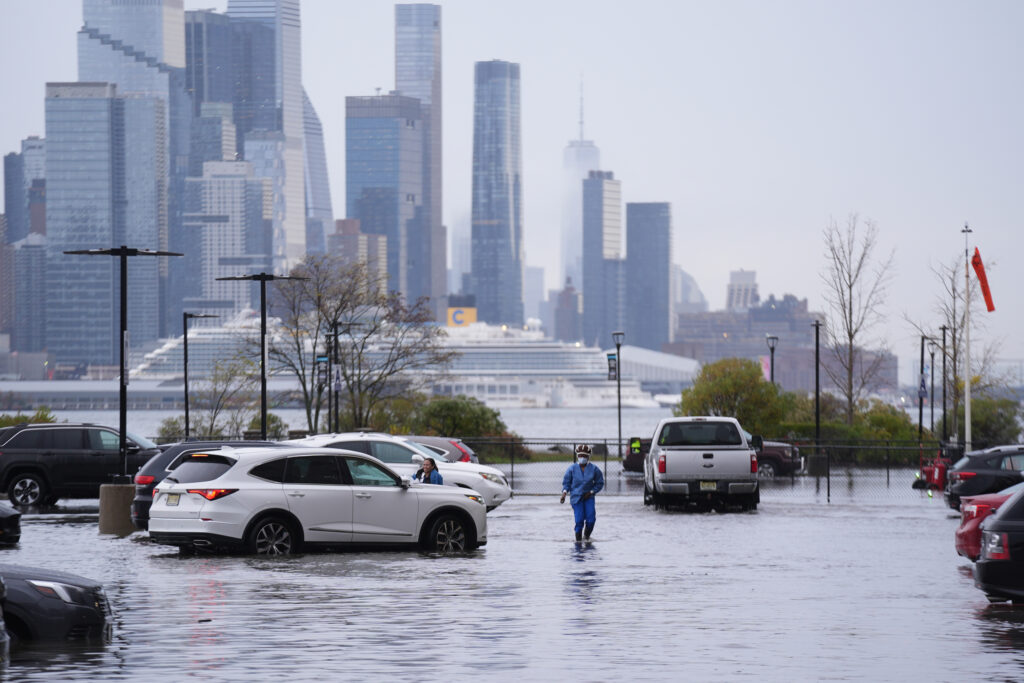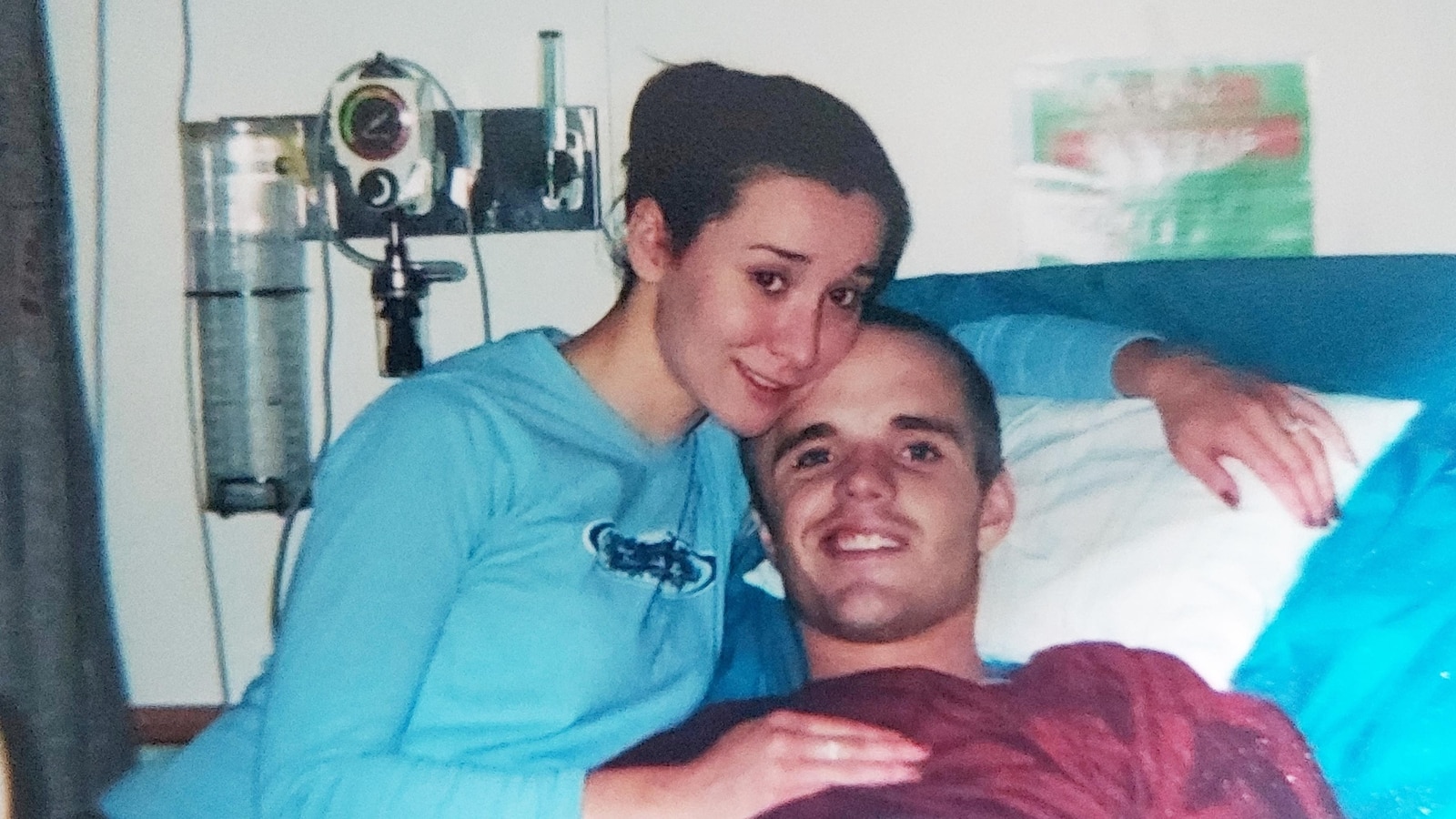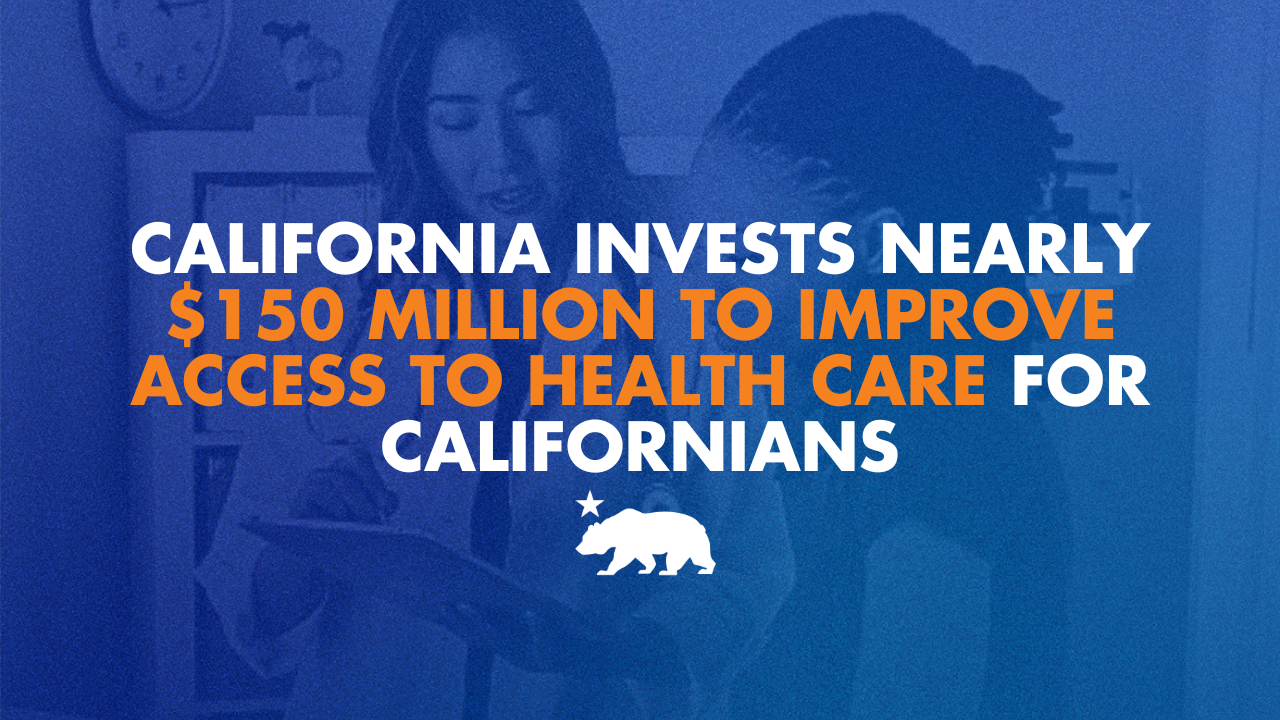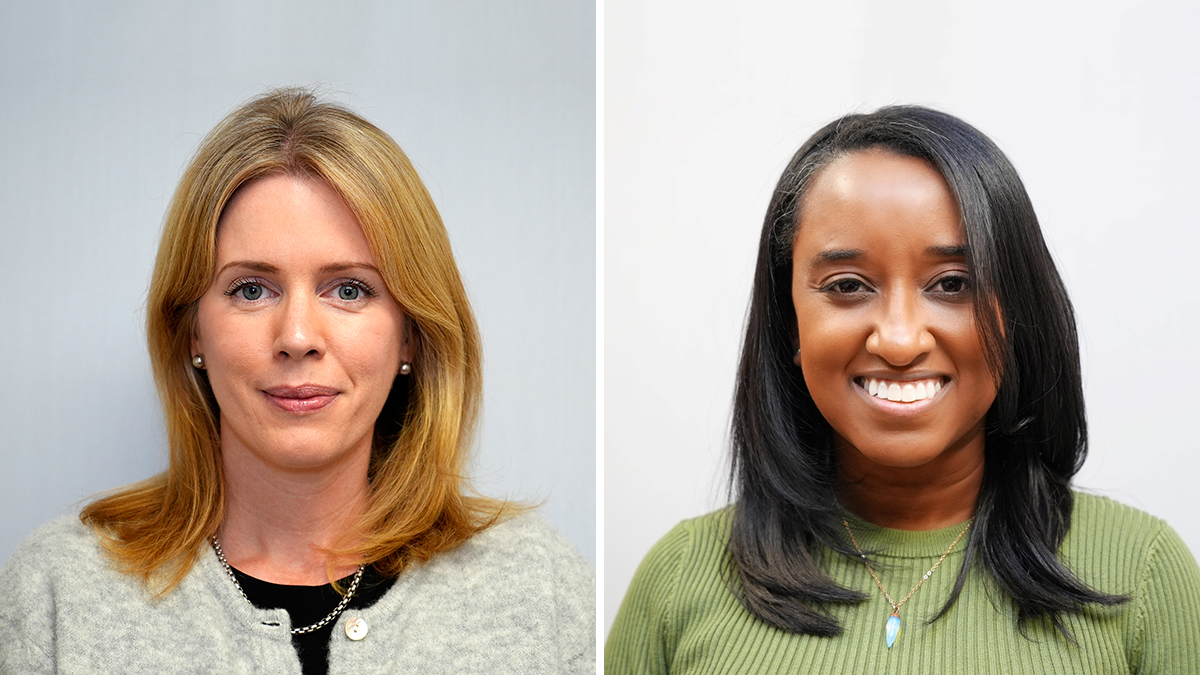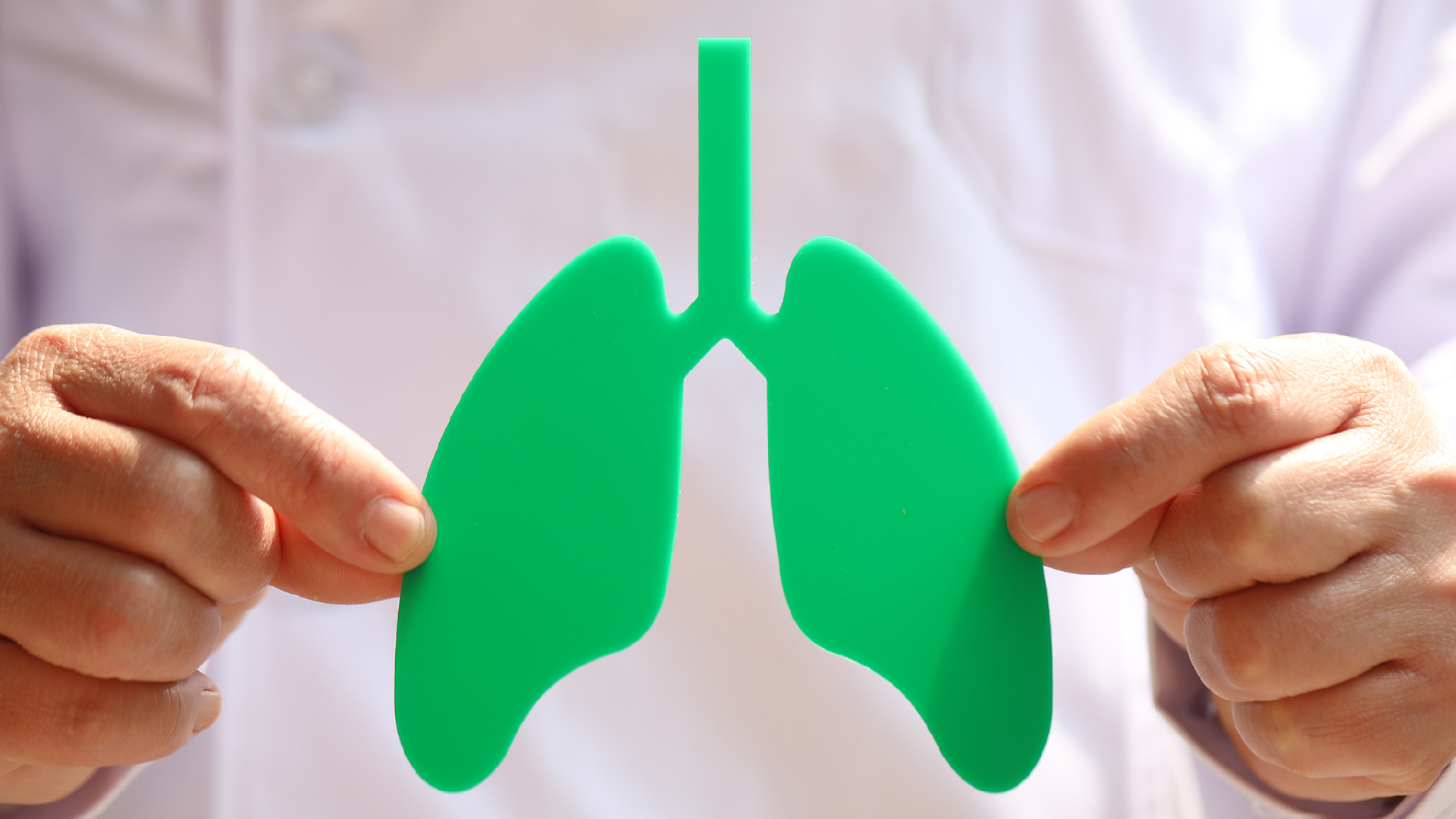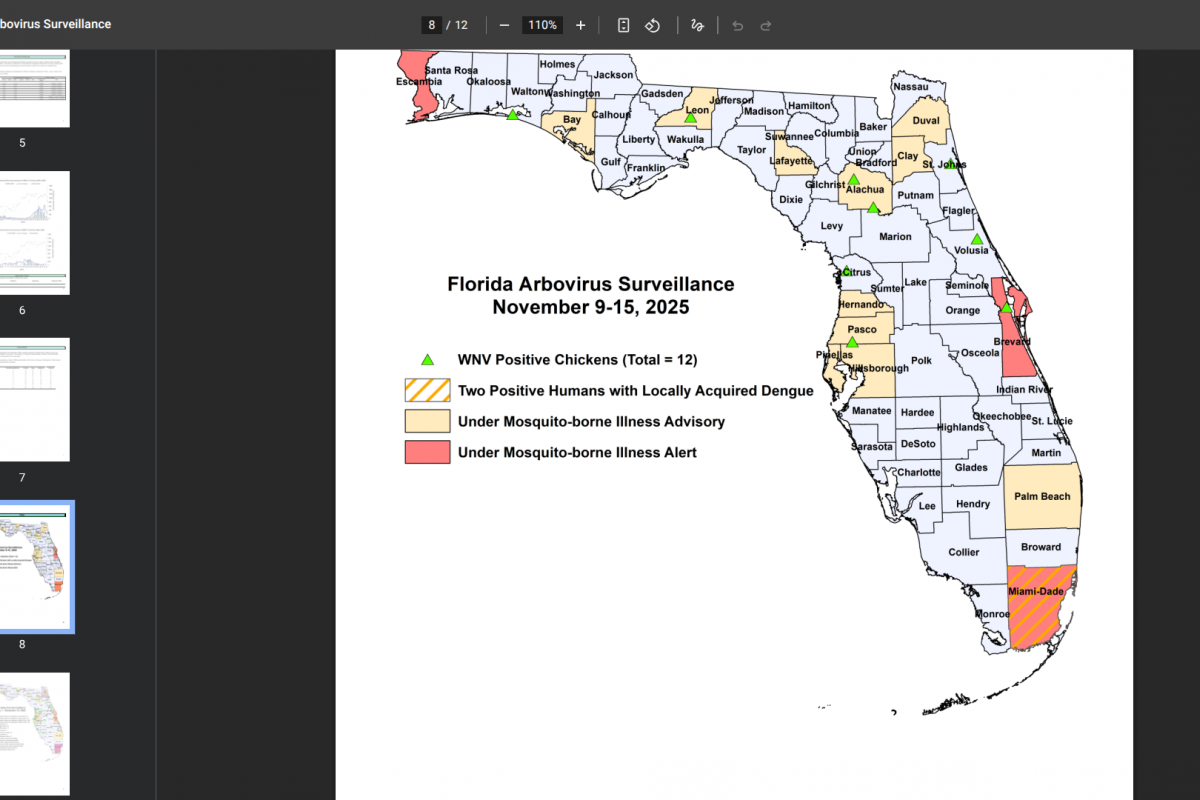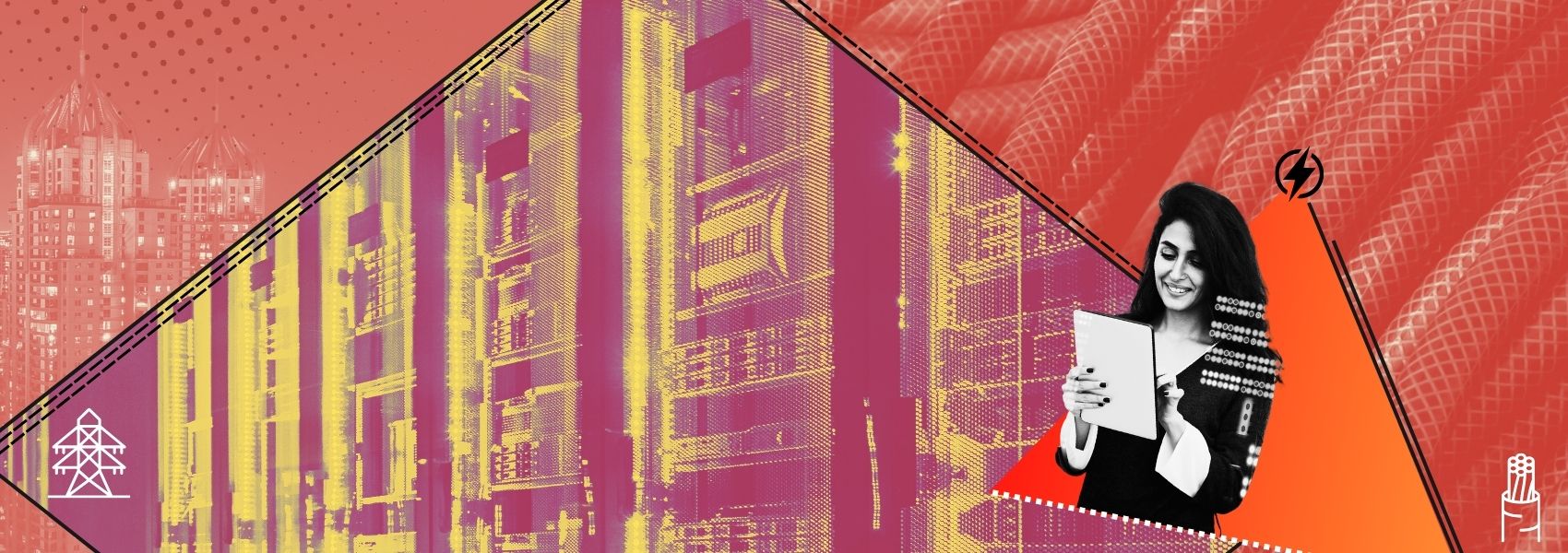Announcements: Evidence Matters Conference; ISIL Review Conference; BIICL Training Programme; CfP Max Planck Yearbook of UN Law; CfA UN Research Colloquium; CfP Mass Atrocities, Environmental Degradation & Communities’ Rights; UN Audiovisu – EJIL: Talk!
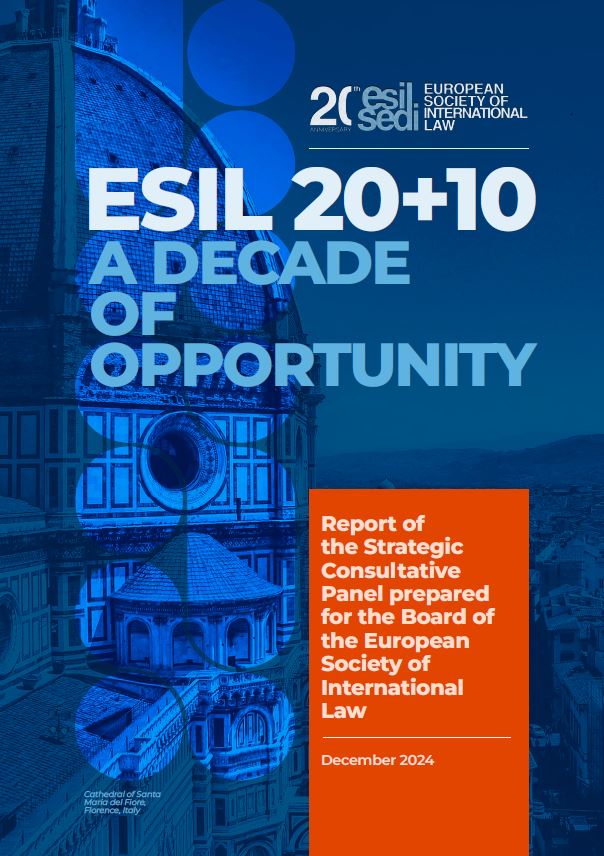
Report on Upcoming Events and Publications in International Law and Sustainable Development
1. International Conference on Evidentiary Procedures in Human Rights Courts
An international conference will be held to commemorate the 20th anniversary of the African Court on Human and Peoples’ Rights. The event will focus on evidentiary processes in international human rights adjudication, a critical component for ensuring fair and effective legal proceedings.
- Focus: The conference will examine the establishment of factual bases for human rights claims, the burden of proof, and the potential for redressing evidentiary inequality between parties. This directly supports SDG 16 (Peace, Justice and Strong Institutions) by seeking to strengthen judicial mechanisms and ensure access to justice for all.
- Scope: While centered on the African Court, the conference invites comparative studies on other bodies, including the AComHPR, ECtHR, IACtHR, and UN Treaty Bodies, fostering international cooperation in line with SDG 17 (Partnerships for the Goals).
- Date: 11 – 13 May 2026, Pretoria, SA.
- Deadline for Abstracts: 30 September 2025.
2. Webinar on the UN Security Council Ombudsperson Mandate
A webinar will reflect on 15 years of the Office of the Ombudsperson to the UN Security Council ISIL (Da’esh) and Al-Qaida Sanctions Committee. The event will analyze the intersection of counter-terrorism sanctions and human rights law.
- Objective: To assess the role of the Ombudsperson in delisting processes and upholding human rights within the UN sanctions framework, contributing to the development of accountable and just institutions under SDG 16.
- Date: 9 September (18:00 CEST).
- Participants: The event features current and former Ombudspersons and leading academics, promoting high-level dialogue as part of SDG 17.
3. British Institute of International and Comparative Law (BIICL) Training Programme
BIICL is offering its autumn 2025 training programme, providing professional development opportunities across key areas of international law that are integral to achieving the Sustainable Development Goals.
- Courses Offered and SDG Relevance:
- Public International Law in Practice (SDG 16)
- Climate Change Litigation (SDG 13: Climate Action)
- Cultural Heritage Law (SDG 11: Sustainable Cities and Communities)
- Energy Law (SDG 7: Affordable and Clean Energy)
- Business and Human Rights (SDG 8: Decent Work and Economic Growth)
- Law of the Sea (SDG 14: Life Below Water)
- Artificial Intelligence Governance (SDG 9: Industry, Innovation and Infrastructure)
- Accessibility: The availability of scholarships and discounts promotes SDG 4 (Quality Education) and SDG 10 (Reduced Inequalities) by enhancing access to specialized legal training.
4. Call for Papers: Rethinking ‘Territory’ in International Law
The Max Planck Yearbook of United Nations Law invites submissions for a special forum critically assessing the concept of ‘territory’ in international law in the face of modern global challenges.
- Thematic Focus: The call seeks to analyze whether the traditional understanding of territory is adequate for addressing issues like climate change-induced sea-level rise and other 21st-century realities. This inquiry is vital for SDG 13 (Climate Action) and for adapting legal frameworks to ensure the stability of institutions (SDG 16).
- Deadline for Abstracts: 15 August 2025.
5. UN Research Colloquium on Peacekeeping
The 14th interdisciplinary United Nations research colloquium will focus on “The United Nations and Peacekeeping,” organized by the United Nations Association of Germany and the Institute for International Peace and Security Law.
- Objective: To foster academic research on UN peacekeeping operations, which are a cornerstone of international efforts to promote SDG 16 (Peace, Justice and Strong Institutions).
- Collaboration: The event exemplifies SDG 17 (Partnerships for the Goals) through the joint organization by academic and civil society institutions.
- Deadline for Abstracts: 24 August 2025.
6. Conference on Mass Atrocities, Environmental Degradation, and Communities’ Rights
A conference in May 2026 will address the nexus of mass atrocities, environmental degradation, and the rights of communities.
- Interlinked Themes: This event directly addresses the interconnected nature of human rights, peace, and environmental protection, aligning with SDG 16 (preventing violence and promoting justice), SDG 15 (Life on Land), and SDG 11 (Sustainable Cities and Communities) by focusing on the protection of communities and their environments.
- Organizers: University of Dundee Just Transition Hub, University of Stirling, & The Congress of Nations and States.
7. New Educational Resources from the UN Audiovisual Library of International Law
The UN Office of Legal Affairs has expanded its Audiovisual Library, enhancing global access to legal education.
- Content: New materials include lectures on the rights of the accused at the International Criminal Court and an interview on the Permanent Court of Arbitration’s contributions to international law.
- Contribution to SDGs: These resources provide free and accessible legal knowledge, directly supporting SDG 4 (Quality Education) and promoting a wider understanding of global justice mechanisms, which is fundamental to SDG 16.
8. Online Symposium on Human Rights, Environmental Protection, and Business
Jean Monnet Saar and the Völkerrechtsblog are inviting contributions to an online symposium on the multilevel approach to corporate accountability in human rights and environmental protection.
- Focus: The symposium will explore frameworks for holding businesses accountable, a key aspect of achieving SDG 8 (Decent Work and Economic Growth), SDG 12 (Responsible Consumption and Production), and protecting the environment (SDG 13, SDG 15).
- Deadline: 3 October.
9. Conference on The U.S. and International Law in Changing Times
A two-day international conference will be held in London to discuss the role of the United States in international law amidst contemporary geopolitical shifts.
- Themes: Panels will cover geopolitics, international security, trade, human rights, and technology, all of which are central to the framework of the SDGs, particularly SDG 16 and SDG 17.
- Inclusivity: The call for abstracts explicitly encourages submissions from underrepresented groups, including women and scholars from the Global South, directly promoting SDG 5 (Gender Equality) and SDG 10 (Reduced Inequalities).
- Date: 5 – 6 November 2025.
- Deadline for Abstracts: 20 September.
10. Call for Papers: The Polish Review of International and European Law
Submissions are invited for an issue focusing on the advisory proceedings of the International Court of Justice (ICJ).
- Objective: To evaluate the procedure and effects of ICJ advisory opinions, which play a significant role in clarifying international law and strengthening global governance. This academic inquiry contributes to the effectiveness of international institutions, a core target of SDG 16.
- Contribution to Education: The publication will advance legal scholarship, aligning with the aims of SDG 4 (Quality Education).
- Deadline for Abstracts: 20 August 2025.
SDGs Addressed or Connected to the Issues Highlighted in the Article
-
SDG 16: Peace, Justice and Strong Institutions
This is the most relevant SDG, as the article is fundamentally about the architecture of international law and justice. It is addressed through:
- Discussions on the functioning of human rights courts, such as the African Court on Human and Peoples’ Rights, and the evidentiary processes that ensure fair trials (Point 1).
- The review of the UN’s counter-terrorism sanctions mechanisms and the role of the Ombudsperson in protecting human rights (Point 2).
- Research and colloquiums on UN peacekeeping, the role of the International Court of Justice, and the International Criminal Court, all of which are core institutions for global peace and justice (Points 5, 7, 10).
- Conferences on “Mass Atrocities” and “Communities’ Rights,” which are central to preventing conflict and ensuring justice (Point 6).
-
SDG 4: Quality Education
The article highlights numerous initiatives aimed at education and knowledge-sharing in the field of international law. This connects to SDG 4 by:
- Announcing training programs on specialized legal topics like public international law, climate change litigation, and business and human rights (Point 3).
- Promoting the availability of scholarships to ensure access to this training for individuals and NGOs, supporting inclusive and equitable education (Point 3).
- Publicizing the addition of free lectures and interviews to the UN Audiovisual Library of International Law, making legal education accessible to a global audience (Point 7).
-
SDG 13: Climate Action
This goal is addressed through the intersection of law and environmental challenges. The article connects to it by:
- Featuring a training course specifically on “climate change litigation,” which builds capacity to use legal systems to address climate change (Point 3).
- Announcing conferences and calls for papers that focus on “Environmental Degradation” and “Environmental Protection,” linking legal frameworks to climate and environmental challenges (Points 6, 8).
- Raising the issue of “territory” in international law being strained by “contemporary global challenges,” which implicitly includes climate change-induced sea-level rise (Point 4).
-
SDG 10: Reduced Inequalities
The article touches upon reducing inequalities both within legal processes and in academic participation. This is shown by:
- The conference on evidence before human rights courts questioning how to redress “the evidentiary inequality of arms between the parties” (Point 1).
- A specific call for conference abstracts that “highly encourage abstracts from academics and practitioners in related fields, such as political science and international relations, as well as abstracts by groups that are generally underrepresented, such as women, people from the Global South, PhD and postdoctoral students” (Point 9).
-
SDG 17: Partnerships for the Goals
The initiatives described in the article are almost all collaborative efforts, demonstrating multi-stakeholder partnerships in action. This includes:
- The Asser Institute collaborating with the UN Office of the Ombudsperson for a webinar (Point 2).
- The UN research colloquium being co-organized by the United Nations Association of Germany and the Institute for International Peace and Security Law (Point 5).
- Jean Monnet Saar and the Völkerrechtsblog co-hosting an online symposium (Point 8).
-
SDG 5: Gender Equality
This goal is explicitly promoted in the context of ensuring equal participation in academic and legal discourse. The connection is made in:
- The call for abstracts for the conference on ‘The U.S. and International Law in changing times’, which explicitly encourages submissions from women to address their underrepresentation (Point 9).
Specific Targets Under Those SDGs
-
Target 16.3: Promote the rule of law at the national and international levels and ensure equal access to justice for all.
The entire article supports this target. The conference on the African Court (Point 1), the review of the Ombudsperson’s office (Point 2), the lectures on the ICC (Point 7), and the analysis of the ICJ’s role (Point 10) are all focused on strengthening the rule of law and justice at the international level.
-
Target 16.6: Develop effective, accountable and transparent institutions at all levels.
The conference reviewing 15 years of the Office of the Ombudsperson (Point 2) is a direct examination of the effectiveness and accountability of a UN institution. Similarly, the focus on “evidence” in human rights courts (Point 1) is about improving the effectiveness and transparency of judicial proceedings.
-
Target 4.7: Ensure that all learners acquire the knowledge and skills needed to promote sustainable development, including…human rights…and promotion of a culture of peace and non-violence.
The BIICL training programme (Point 3), the UN Audiovisual Library additions (Point 7), and the various calls for papers on human rights and international law (Points 6, 8) are all initiatives that provide learners with the knowledge and skills to promote human rights and a culture of peace.
-
Target 10.3: Ensure equal opportunity and reduce inequalities of outcome…
This is addressed by the conference aiming to redress “evidentiary inequality” in court proceedings (Point 1) and the call for papers that actively seeks to include “underrepresented” groups to ensure equal opportunity in academic discourse (Point 9).
-
Target 5.5: Ensure women’s full and effective participation and equal opportunities for leadership…
The call for abstracts that specifically encourages submissions from women (Point 9) is a direct action aimed at fulfilling this target within the sphere of international legal academia.
-
Target 17.17: Encourage and promote effective public, public-private and civil society partnerships…
The numerous collaborations mentioned, such as the University of Dundee working with the Congress of Nations and States (Point 6) and Jean Monnet Saar with the Völkerrechtsblog (Point 8), are practical examples of the civil society and academic partnerships this target aims to promote.
Indicators Mentioned or Implied
-
Number of educational programs and knowledge-sharing initiatives on peace, justice, and human rights.
The article implicitly uses the creation and promotion of these events as a measure of progress. This includes the BIICL training programme (Point 3), the UN research colloquium (Point 5), the UN Audiovisual Library materials (Point 7), and multiple online symposia and conferences (Points 1, 2, 8).
-
Implementation of policies to promote inclusivity and diversity in professional and academic forums.
The call for abstracts in Point 9 provides a clear, measurable action: an explicit policy statement encouraging participation from women and other underrepresented groups. Progress can be measured by the adoption of similar policies in other calls for papers and events.
-
Number of multi-stakeholder partnerships for sustainable development.
The article lists numerous collaborations between universities, research institutes, UN bodies, and NGOs (Points 2, 3, 5, 6, 8, 9). The formation of these partnerships serves as an indicator of progress towards SDG 17.
-
Availability of accessible educational resources on international law.
The mention of scholarships for training courses (Point 3) and the availability of the UN Audiovisual Library as a free resource and a podcast (Point 7) are indicators of efforts to make legal education more inclusive and accessible, which is a measure of progress towards quality education for all.
Table of SDGs, Targets, and Indicators
| SDGs | Targets | Indicators (Implied from the Article) |
|---|---|---|
| SDG 16: Peace, Justice and Strong Institutions | 16.3: Promote the rule of law…and ensure equal access to justice for all. 16.6: Develop effective, accountable and transparent institutions. |
Number of conferences, research papers, and legal reviews focusing on the procedures and effectiveness of international justice institutions (e.g., African Court, ICJ, Ombudsperson). |
| SDG 4: Quality Education | 4.7: Ensure all learners acquire knowledge and skills needed to promote sustainable development, including human rights. | Number of training courses and freely accessible educational materials (e.g., audiovisual libraries, podcasts) on international law and human rights. Availability of scholarships for legal training. |
| SDG 13: Climate Action | 13.3: Improve education, awareness-raising and human and institutional capacity on climate change… | Number of specialized training courses offered on “climate change litigation” and symposia on “environmental protection.” |
| SDG 10: Reduced Inequalities | 10.3: Ensure equal opportunity and reduce inequalities of outcome. | Implementation of policies to encourage participation from underrepresented groups (people from the Global South, etc.) in academic conferences. |
| SDG 5: Gender Equality | 5.5: Ensure women’s full and effective participation and equal opportunities… | Explicit calls for submissions from women in academic and professional forums. |
| SDG 17: Partnerships for the Goals | 17.17: Encourage and promote effective public, public-private and civil society partnerships. | Number of collaborative events (webinars, conferences, etc.) organized by multiple stakeholders (universities, UN bodies, NGOs). |
Source: ejiltalk.org

What is Your Reaction?
 Like
0
Like
0
 Dislike
0
Dislike
0
 Love
0
Love
0
 Funny
0
Funny
0
 Angry
0
Angry
0
 Sad
0
Sad
0
 Wow
0
Wow
0
